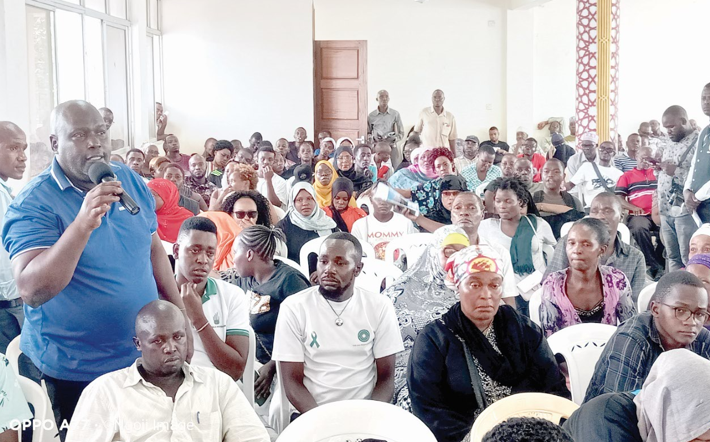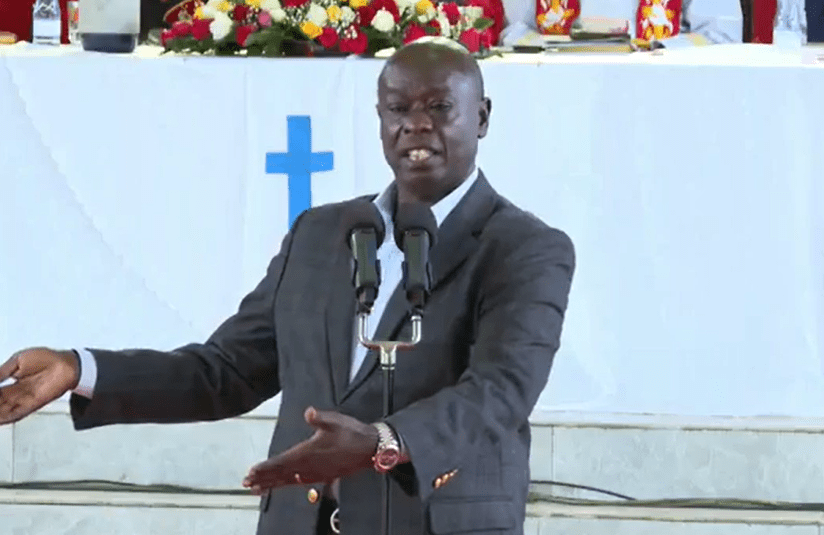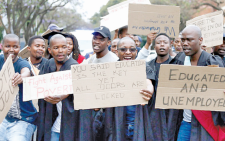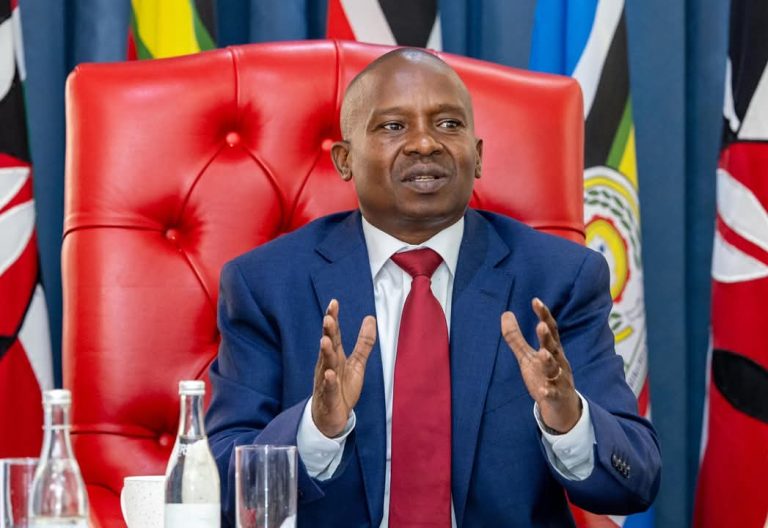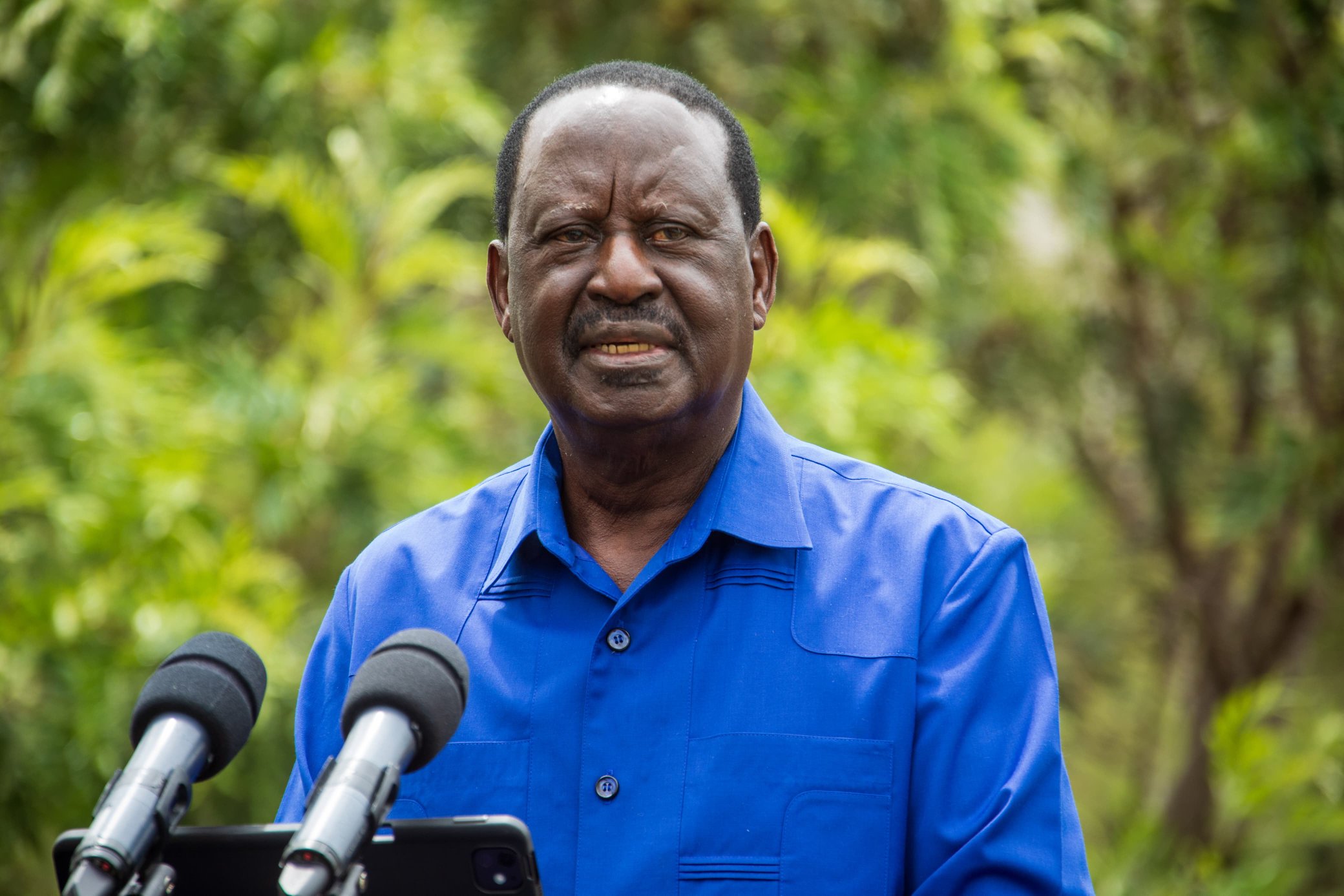Kenyans should make public participation a habit
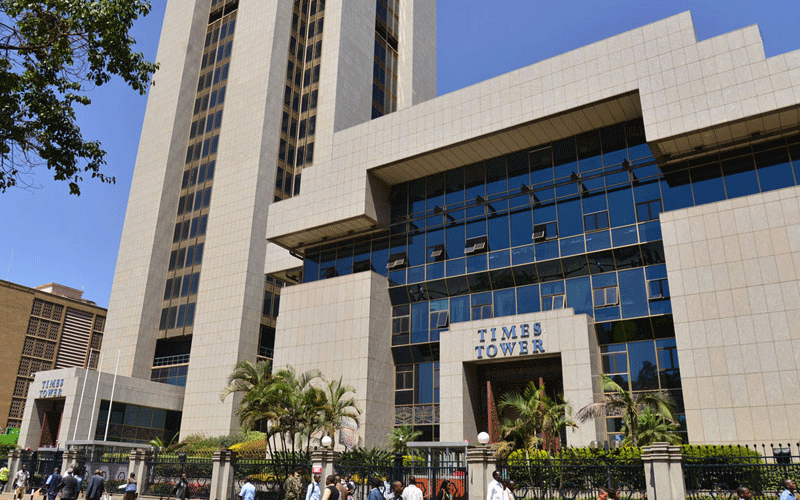
Grace Wandera
Public participation, as enshrined in the Constitution, is an important avenue of ensuring the voice of the people is factored in before decisions that might affect or impact them can be made.
Apart from representation of the public’s voice, the exercise is an important learning opportunity for members of the public.
According to researchers, public participation is also an opportunity for the professionals heading a given project or initiative to tap from the public’s reservoir of ideas for betterment of the cause.
That way, public participation becomes a learning ground for both the authorities and members of the public.
A major initiative that calls for public participation is the annual budget-making process where the voice of concerned parties is factored in before the budget is presented to Parliament.
Given the heavy impact of any legislation on taxation, taxpayers constitute the bulk of the stakeholders who hand in their contribution in the budget-making process.
This is to ensure that what the President assents to at the end of the process is a reflection of taxpayers’ views.
Public participation is also key in the implementation of major public projects.
For example, Kenya Revenue Authority’s (KRA) implementation of the iTax system was preceded by a rigorous public participation programme to ensure the system was in line with the views of the public.
The list of examples of causes that call for public participation is long. According to Uraia, a programme that deals in civic education, public participation includes attending local meetings popularly known as barazas as well as public rallies.
Public participation in Kenya is, however, not yet at par with standards that define effectiveness of the process.
This is largely defined by the relatively low number of members of the public who come out to take part in the exercise when called upon.
Low turnout is a challenge that most agencies have been grappling with whenever there is a need for public participation.
During the Budget cycle, for instance, different stakeholders are called upon to give their input on various matters touching on their day-to-day business.
But, how many turn up to exercise their constitutional right of public participation?
Is it apathy towards the exercise or are we just too busy to spare some time to take part in this democratic exercise?
Is there another way public participation can be conducted in order to register a higher number of participants for bigger impact?
But why is apathy high when it comes to public participation? Being busy will definitely constitute the bulk of the feedback.
However, looking at the impact of public participation, sparing a few hours to have one’s views considered and captured in a particular matter of national interest is invaluable.
Based on the great value of public participation, KRA has put in place a raft of measures to ensure effective public participation on tax matters.
These measures are contained in the operations of a robust stakeholder engagement framework.
Through stakeholder engagement, KRA has managed to successfully bring on board various stakeholders and actively involve them on matters of tax policy.
In the process, both parties exchange ideas and learn from each other. The stakeholder engagement framework has been an ideal platform for feedback collection on various issues touching on tax policies.
The goal is to ensure that, in the long-run, any tax policy implementation outcome is a reflection of the desires and the will of the parties concerned.
As Kenyans make this year’s resolutions, there is a need to add this crucial exercise on the list.
If everyone takes this up, we will not only reduce the apathy but also and most importantly, ensure that every citizen’s voice is heard in the making of every decision or implementation of every policy that requires input from members of the public. —The writer is the Head of Marketing and Communication at the Kenya Revenue Authority

